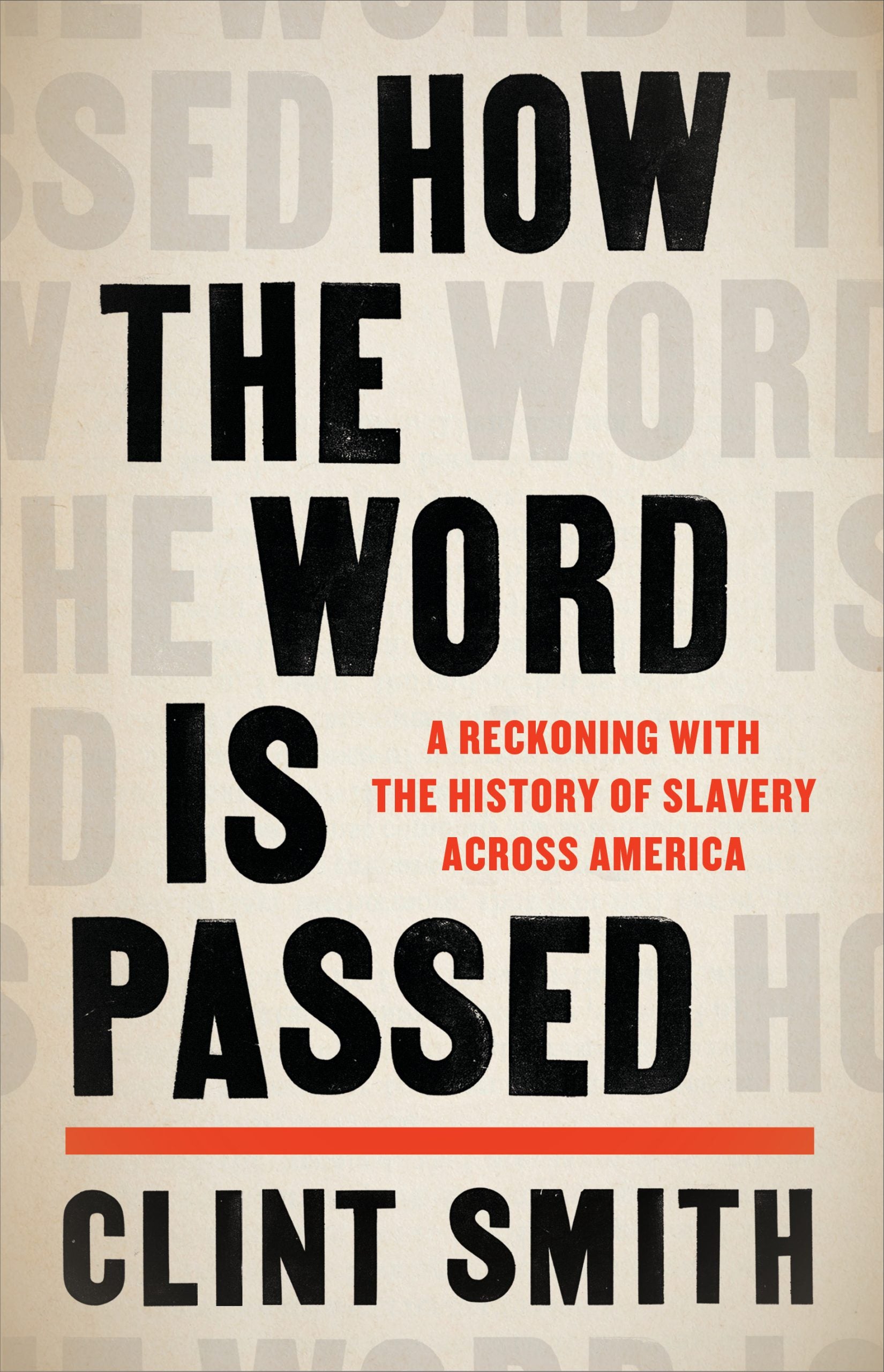Clint Smith didn’t watch last summer’s viral video of slain Minnesota resident George Floyd, whose death at the hands of the city’s police propelled national and global mass protests calling for an end to police brutality against Black people. “I still haven’t watched it,” says the author, poet and scholar of the devastating video. “I think I had watched all of them before this. I was like, I don’t need to see it. I’ve seen enough.”
Smith, whose debut nonfiction book, How the Word is Passed: A Reckoning With The History of Slavery Across America (out now), explores our reckoning—or lack thereof—with the country’s historical sites and their relationship to slavery, does believe the video documentation of Floyd’s death was partially responsible for reinvigorating the nation’s race consciousness. But he thinks an amalgamation of other events should also be credited: the country having developed a more complex understanding of racism; the Black Lives Matter movement altering how we think of overpolicing; and the pandemic.
“Especially the outpouring on the streets that we saw,” Smith says, “It’s hard for me to imagine that that would have looked the same if you didn’t have hundreds, tens, or hundreds of millions of people in this country who were all at home.”
 Photo courtesy of Little, Brown and Company
Photo courtesy of Little, Brown and Company
As Smith see it, the logistics of people being away from workspaces and schools, as well as the human desire to be a part of something allowed for this monumental response from Black and non-Black communities alike. Additionally, Smith counts as significant that the pandemic highlighted racial disparities in health outcomes and health care in the country, emphasizing the country’s racist systems.
While policies are needed to redress these systems, Smith doesn’t discount the focus on representation that many corporate structures have utilized in this post-George Floyd era.
“I would never say that…[representation] is irrelevant or that that that doesn’t in and of itself carry power,” he says. He points to his daughter’s favorite book, Hair Love as a reminder of the significance of seeing yourself in stories. But as Smith puts it, “In a sort of larger sociopolitical context, representation in and of itself does not bring about repair.”
Having completed his Ph.D. at home via Zoom last year, and in a period when he and his wife have managed without childcare for their two children, Smith continued to examine deeply the political future he wants to see, not just as a scholar but as a parent.
“I want my children to live a life in which they get to choose to do things that bring them joy,” he says. But he also wants his children to feel a responsibility for building a better world—and for them not to believe the lie that communities that have less, are less. “When you are clear about that, it’s emancipatory, because the country can’t lie to you anymore,” he says. It’s why he wants not only his children but all children to internalize this essential truth—so that they will be able to view the world through this liberated lens and know it as their own.
This article originally appeared in the May/June 2021 issue of ESSENCE magazine, available on newsstands now.
TOPICS: black author black writers
The post Clint Smith On His New Book And Wanting A Better Future For His Children—And Yours Too appeared first on Essence.


0 Commentaires